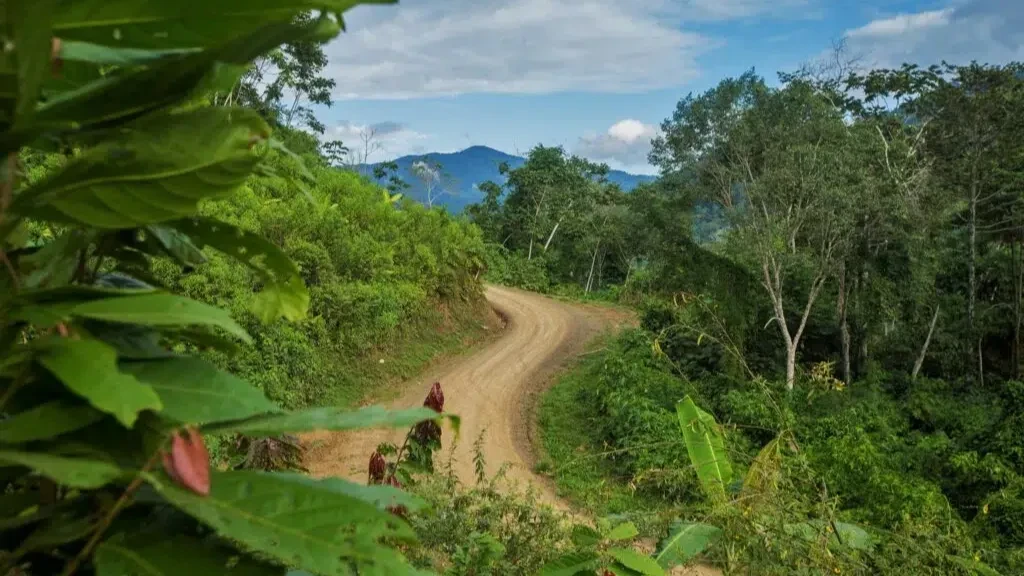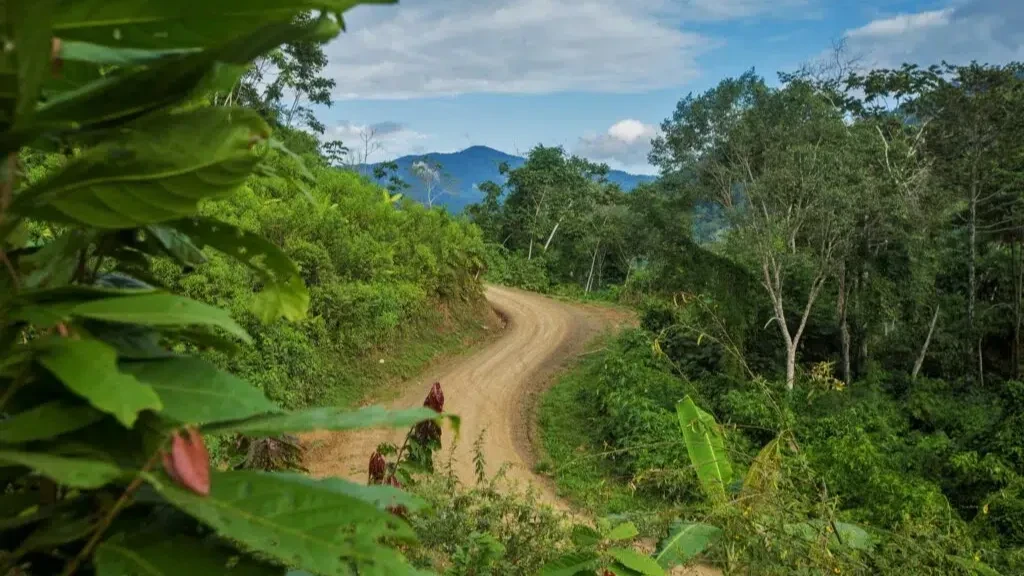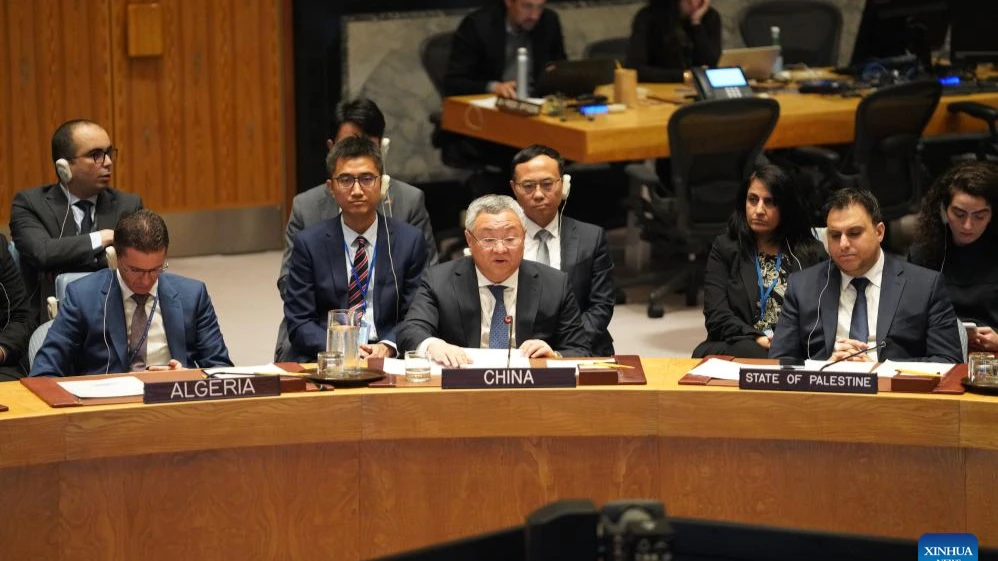World Bank, UNDP teaming up for 92.5bn/- forests, vehicles project

AN integrated net zero nature positive solutions for climate and biodiversity protection project pegged at 92.5bn/ ($37.4m) was launched in Dar es Salaam yesterday.
Dr Hassan Abbas, the Tourism and Natural Resources permanent secretary, said at the ceremony that the five-year project has obtained $4.7m in funding from the Global Environment Facility (GEF) housed at the World Bank, $0.2m from the United Nations Development Programme (UNDP), $29.3m from the government and $3.2m from private financiers.
The number of tourists destined to natural forests has increased to 346,000 from 54,000 recorded in 2021 with tourism revenue from this category rising to 2.8bn/- from 154m/- earlier.
It focuses on biodiversity conservation and clean energy transition in four selected natural forests and implemented by the Tanzania Forests Services Agency (TFS), liaising with the Vice President's Office (VPO) and the National Planning Commission.
It covers the management of biodiversity conservation in Amani, Magamba, Nilo and Chome forests, covering infrastructure development in protected forests and encouraging host communities to switch from forest-based energy to clean energy for cooking.
The project also covers the conversion of tourism vehicles from the use of petroleum products to clean energy such as electricity, also featuring a segment for collaboration with the private sector in setting up electric vehicle charge stations for tour operators converting their vehicles from petroleum products.
Shigeki Komatsubara, the UNDP country representative, said that the project is a flagship initiative, commending the government for its remarkable achievements in enhancing biodiversity conservation in protected forests.
Agreement for implementation of the project was reached back in July, with the project coming at a critical moment as Tanzania advances its long-term low emission development strategy and strengthened actions towards achieving net zero emissions by 2050, he stated.
The project is not only about reducing carbon emissions but transforming the way Tanzania manages forests, energy system transition and community perspectives in ensuring that climate action and biodiversity conservation go hand-in-hand, he elaborated.
In the wake of climate change, prioritizing forests and biodiversity conservation means a lot in contributing to nature conservation, with the project having been carefully designed to comprehensively support forest restoration, expansion of clean energy and the e-mobility market, he explained
“With emphasis on nature positive solutions, this comprehensive project will advance Tanzania’s low-carbon resilience,” he said, while Prof Dos Santos Silayo, the TFS conservation commissioner, said that the project will cover natural forests in Tanga and Kilimanjaro regions.
The project targets at converting close to 800 tourist vehicles using petroleum products to electric vehicles, which includes touring the natural forests,” he added.
Top Headlines
© 2025 IPPMEDIA.COM. ALL RIGHTS RESERVED






















